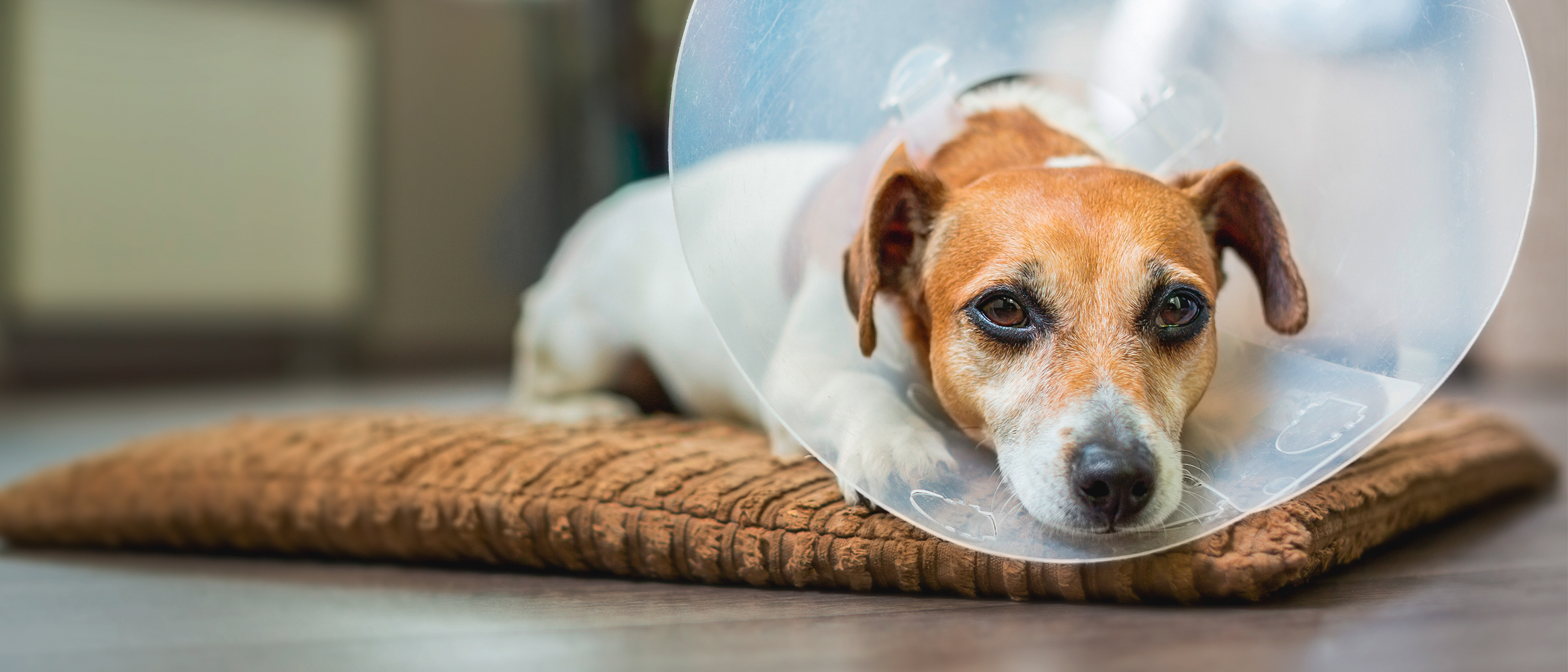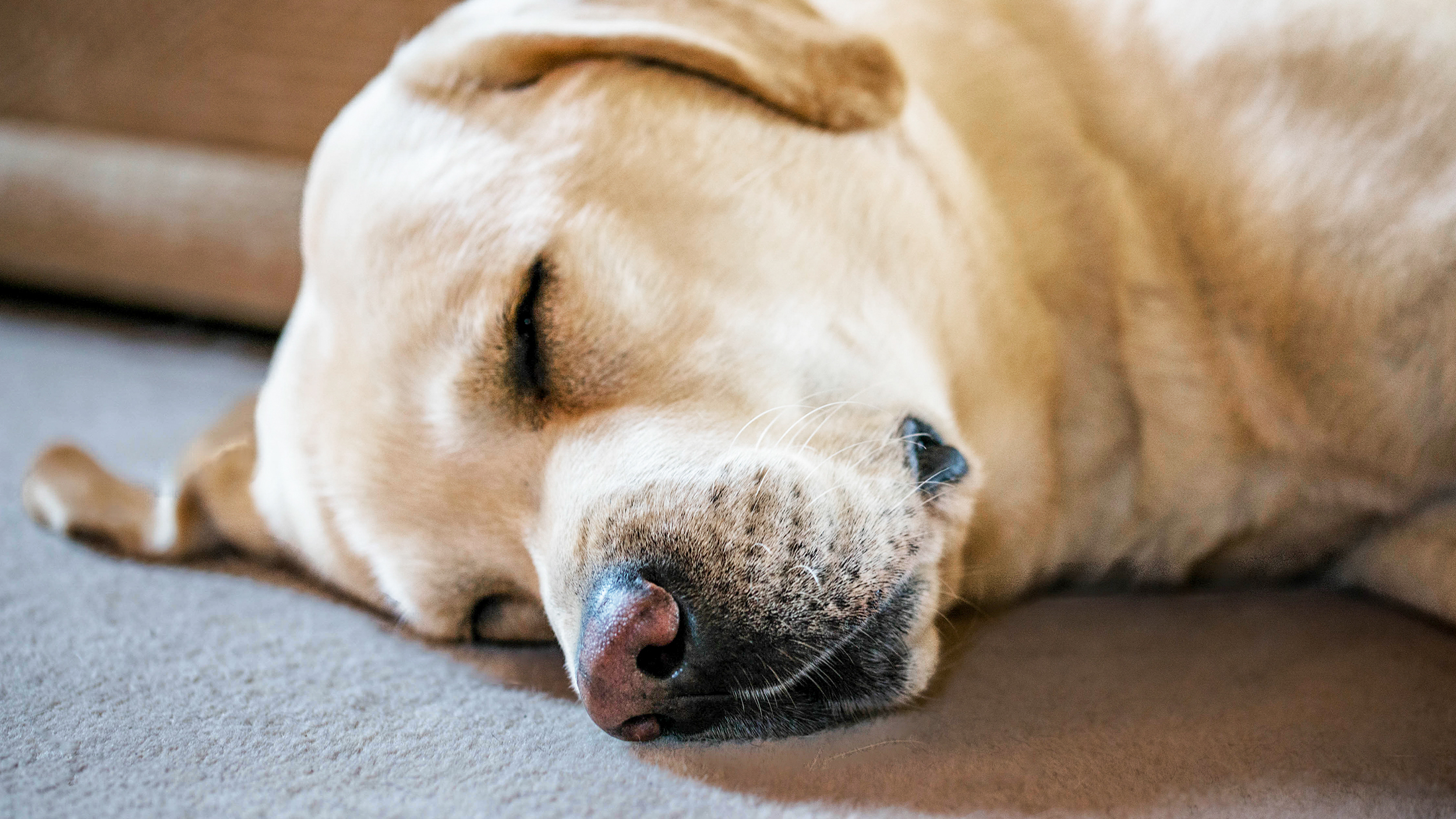How to feed your dog after surgery

Undergoing surgery can be a stressful experience for your dog. As with humans, dogs need a period of rest and convalescence after their operation, during which time they may need to be fed in a way that doesn’t aggravate their digestive system. How and what you feed them can support their recovery and help them develop a healthier digestive system post-surgery.
Ways of feeding your dog after surgery
Depending on the type of surgery your dog has undergone, your vet will advise you on the best way to feed them. For some digestive issues, the surgery may involve placing a feeding tube so it leads directly into your dog’s stomach or oesophagus, bypassing any organs which may be functioning poorly.
If your dog has a feeding tube, you’ll need to change the consistency of their diet so it can be administered via the tube and possibly a syringe. Liquid diets, wet food and heavily moisturised dry food can all be given through the feeding tube, as long as they are of the right texture and size so they don’t block it.
As your dog recovers, you can take other actions to help them eat more easily and comfortably. Placing their food and water higher up, rather than in bowls on the floor, can aid digestion as gravity helps their food move down into their stomach. Small dogs can be fed while you are holding them, with their head over your shoulder.

What to feed your dog after surgery
It’s important to follow your vet’s guidelines about what to feed your dog post-surgery, as each dog and their nutritional requirements will be different.
Your dog may need a different balance of fluids than normal, depending on what may have been lost in their pre-surgery stage. If your dog is struggling to take in liquids, ice cubes can be useful as they’re easier for them to ingest.
A high fat diet is often recommended after surgery, as it allows your dog to get the energy requirements it needs without having to consume large quantities of food which may place unnecessary strain on the digestive system. However, depending on your pet’s original issue, your vet may suggest a diet which is lower in fat to help prevent digestive upset.
Manufactured convalescence foods are a good option, as these are designed to support your dog’s recovery while also being gentle on their digestion.
Surgery and recovery can be a difficult time for both you and your dog. Ask your vet for advice about the best way to care for your pet’s health post-surgery.
Related Articles
Find a vet
If you have any concerns about your dog’s health, consult a vet for professional advice.
Like & share this page